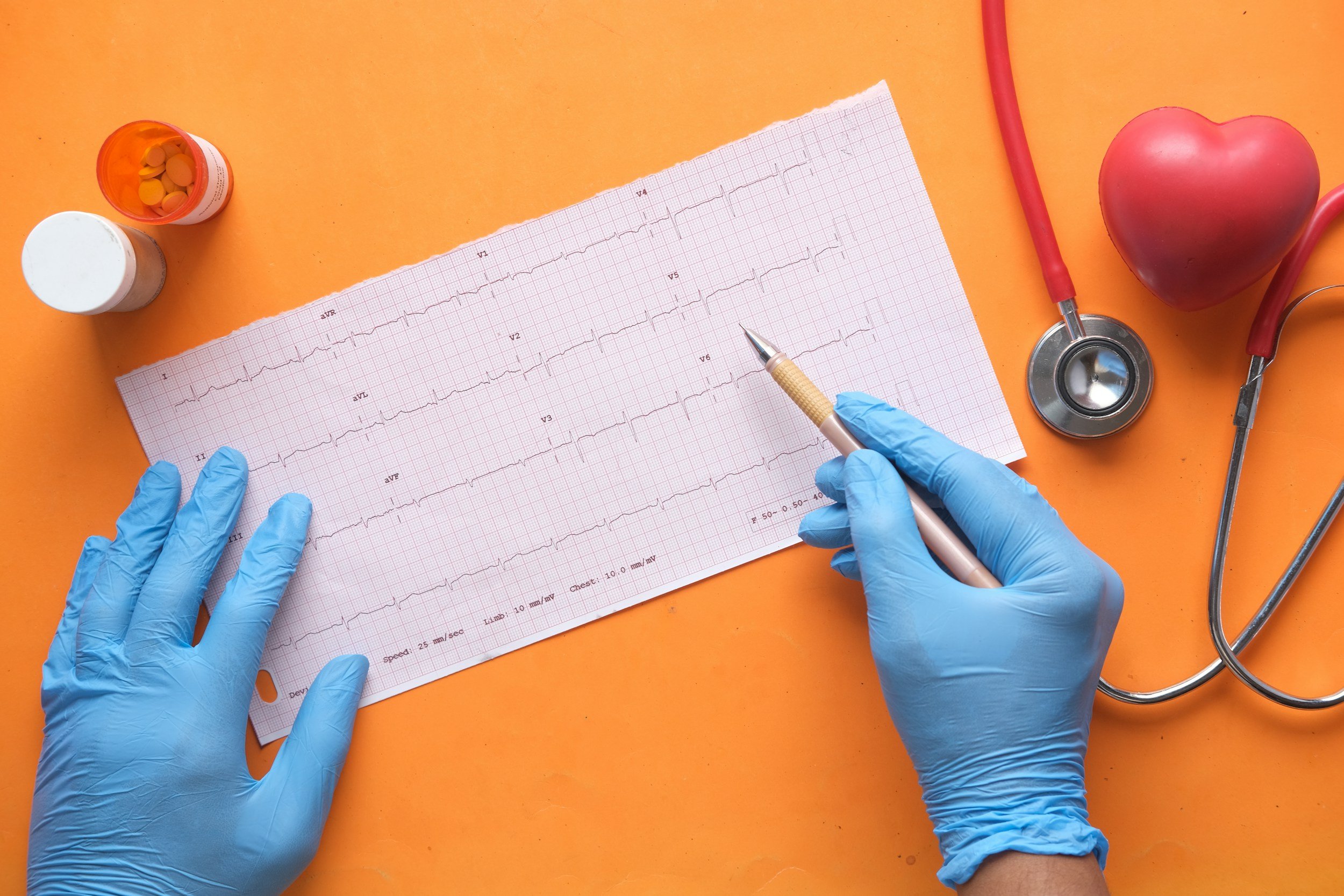
Heart Monitors
If you’ve been experiencing palpitations, blackouts, dizziness, or an irregular heartbeat, your cardiologist may recommend wearing a heart monitor to help identify what’s happening. These devices record your heart rhythm over time—often beyond what can be captured during a brief in-clinic ECG.
At Dr Li’s private cardiology clinic in London, we offer access to a range of advanced and discreet heart monitoring technologies, including Holter monitors, and long-term event recorders, helping you get a fast and accurate diagnosis.
What Is a Heart Monitor?
A heart monitor is a small, wearable device that tracks the electrical signals of your heart. Some record continuously for 24 hours or longer, while others activate only when symptoms occur. They're used to diagnose arrhythmias that may not appear during a short ECG.
Why Might I Need a Heart Monitor?
Dr Li may recommend a heart monitor if you are experiencing:
Palpitations
Blackouts or fainting (syncope)
Shortness of breath
Unexplained chest discomfort
Monitoring for atrial fibrillation, ectopic beats, or after a heart procedure
Heart monitors can also be used to assess how well treatments or medications are working.
Types of Heart Monitors We Offer
At Dr Li’s clinic, we tailor the monitor to suit your symptoms and how frequently they occur. These include:
24–72 Hour Holter Monitor
Worn continuously to monitor heart rhythm over one to three days
Useful if symptoms occur daily
7–14 Day Event Monitors
Ideal for patients with less frequent symptoms
Records ECG data when triggered by the patient or automatically
Zio Patch and Similar Devices
A discreet, adhesive patch worn on the chest for up to 14 days
Water-resistant, comfortable, and allows you to continue normal daily activities
Records every heartbeat continuously and stores data for detailed analysis
No wires or leads—ideal for long-term monitoring with minimal disruption
Patients are also provided with a symptom diary or mobile app to log symptoms
Implantable Loop Recorder (ILR)
A tiny device inserted under the skin for long-term monitoring (up to 3 years)
Recommended for patients with infrequent but concerning blackouts or unexplained symptoms
Will the Monitor find what’s causing my symptoms?
Hopefully yes—by choosing the right device for the timing and nature of your symptoms, we maximise the chance of capturing the abnormal rhythm. The Zio patch and other continuous monitors are particularly helpful for picking up infrequent, subtle, or intermittent arrhythmias that a short ECG could miss.
Dr Li will carefully review your symptoms and history to select the best device to get a clear and accurate diagnosis. However, it will only capture what’s happening for the length of time it’s fitted for, so if you don’t experience any arrhythmias whilst wearing the monitor it will report a normal ECG. In this scenario, Dr Li will discuss your next range of options.
What to Expect
Monitoring is non-invasive, painless, and usually easy to wear
Most devices allow you to carry on with your daily activities
You may be asked to note the time of any symptoms so these can be matched to the ECG recordings
After the monitoring period, your data will be expertly analysed and reviewed in a follow-up consultation with Dr Li
Book a Private Heart Monitor Test in London
If you're having symptoms like palpitations, fainting or irregular heartbeats, a heart monitor can provide the answers you need. Dr Li offers expert cardiac assessment with access to advanced wearable monitors, all from the convenience of his private clinic in central London.

